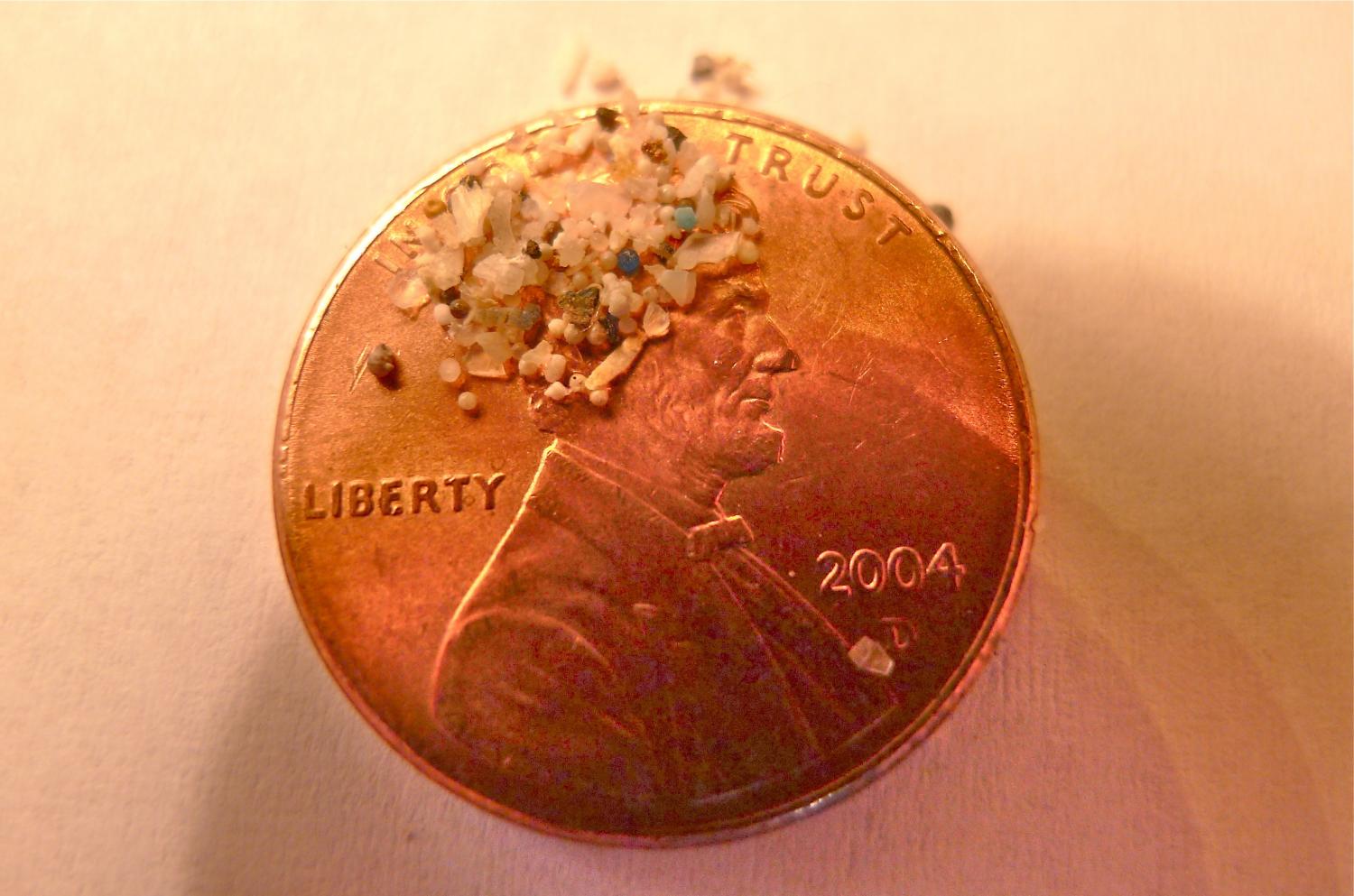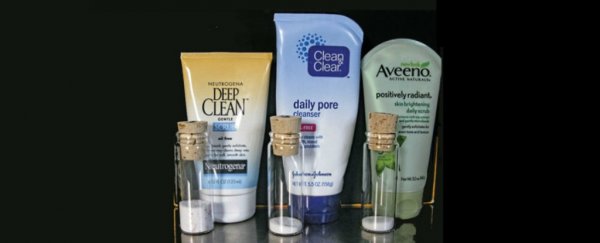A new study has found that the best way to protect water quality and ocean wildlife in the future is to issue an outright ban on microbeads in our personal care products.
You may not realise it, but right now a lot of the toothpastes, soaps, and facial scrubs that you encounter in the supermarket are filled with tiny plastic beads, and they're clogging up lakes, rivers, and oceans around the planet. In fact, a recent survey of North America's Great Lakes found up to 1.1 MILLION tiny beads per square kilometre of water.
"We're facing a plastic crisis and don't even know it," one the researchers, Stephanie Green, from Oregon State University in the US, said in a press release. "Part of this problem can now start with brushing your teeth in the morning. Contaminants like these microbeads are not something our wastewater treatment plants were built to handle, and the overall amount of contamination is huge. The microbeads are very durable."
All plastic is an issue when it comes to our oceans, but these beads are particularly damaging because they're literally designed to be flushed down the drain, where they end up being ingested by aquatic animals. The worst part is that there are plenty of scrub-y alternatives that could be used instead that are non-toxic and biodegradable. And it's for this reason that the analysis showed that banning them would be such an effective way to help protect our oceans.
Even using extremely conservative methodology, the researchers estimate that 8 trillion microbeads per day are being released into waterways in the US alone. That's enough to cover more than 300 tennis courts.
 Oregon State University
Oregon State University
It's a staggering amount, but that actually only makes up 1 percent of the microbeads that people in the US wash down the drain every single day. The other 99 percent - 800 trillion microbeads each day - end up in the sludge of sewage plans and are often spread over land areas, where they eventually make their way into the oceans through runoff.
"We've demonstrated in previous studies that microplastic of the same type, size and shape as many microbeads can transfer contaminants to animals and cause toxic effects," said lead researcher Chelsea Rochman from the University of California, Davis. "We argue that the scientific evidence regarding microplastic supports legislation calling for a removal of plastic microbeads from personal care products."
Microbeads are already banned in personal care products in some US states, including Illinois and California, and a lot of companies are now promising to phase them out of their 'rinse off' products. But the research found that there are a lot of loopholes in these types of legislation, and a total ban is needed to help properly protect the environment.
"The probability of risk from microbead pollution is high, while the solution to this problem is simple," the researchers conclude in the journal Environmental Science and Technology.
